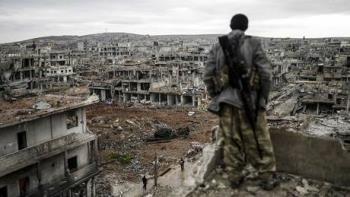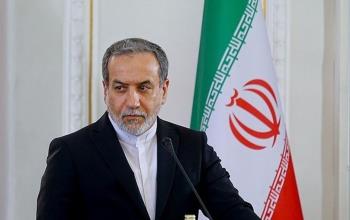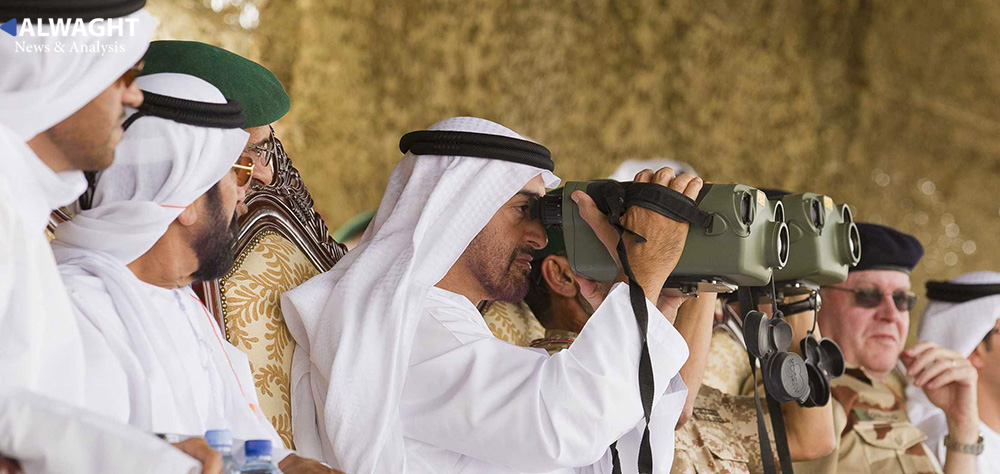Alwaght- The Saudi aggression against Yemen has moved to a new stage after the Emirati Minister of State for Foreign Affairs Anwar Mohammed Qarqash has announced that “war is over for our troops; we’re monitoring political arrangements and our major role is to empower the Yemenis in liberated areas.”
The UAE’s pulling out of the Saudi-led war should not be separated from Abu Dhabi’s relations with Riyadh.
In a conference titled “the UAE, Coalition and Yemen Crisis: The Decision is Necessary”, Qarqash as well as the Crown Prince of Dubai Sheikh Mohammed bin Zayed Al Nahyan have noted that the legitimacy in Yemen did not rest in staying in exile and in hotels, rather, it was inside Yemen and in confronting the “putschists.” They added that they understood that the ultimate solution for the Yemeni crisis was to return to the peaceful ways and not through “use of tanks and weapons.”
These words are seen as an indirect blaming of Riyadh for failure of the war on Yemen and the current intra-Yemeni peace negotiations in Kuwait. When we delve into the Saudi-Emirati relations in terms of Yemeni case, the direct confrontation comes to mind; a confrontation between the Saudi-backed resigned Yemeni President Abd Rabbuh Mansour Hadi and his former UAE-backed Prime Minister Khaled Bahah who has recently said that Hadi’s concern for his position was more than his concern for the Yemeni government. Bahah suggested transferring the presidency to someone who is not engaged in the current war in the country.
The new Emirati stance, whether Abu Dhabi has consulted Riyadh on it or not, is supposed to strengthen the fact on weakness of pro-Hadi militants compared to the opposing side in terms of provision of security and stability in the Yemeni provinces that it controls.
“The decision is necessary.” This was part of the title of the conference that led to withdrawal of UAE from Yemen. This means that the staying is not useful because the experience of a year and a half is enough to admit the Saudi-led forces failure to seize full control of Yemen.
Did the Arab forces succeed in taking control of the Yemeni capital Sana'a and putting an end to the revolutionary movement Ansarullah? Have they been successful in pushing out of the country the former Yemeni President Ali Abdullah Saleh? Are they in security control of the southern regions of Yemen that they control only “by media propaganda?” Are they sharing the seized regions with Al-Qaeda? Answers to all these questions end in a single conclusion: The Saudi-led military coalition has failed to accomplish its aims through the war on Yemen, though it has made some trivial gains.
Perhaps the Emirati forces have managed to get precious military experiences and also experiences in confronting the al-Qaeda terrorists at the expense of the Yemenis, however, they received heavy losses the most outstanding of which took place in Yemen’s Marib province where Abu Dhabi lost 45 of its troops at once. It declared three-day mourning over the incident. So, it appears that Emirati losses supersede its gains in the war especially that, according to the experts, Saudi Arabia has managed to scale down the UAE’s role and influence in Yemen after it forced out Bahah as the head of Hadi’s cabinet.
Partition of Yemen
Failure of aggression against Yemen, however, does never mean disappearance of the plans that it was originally started for, on top of them split of the country. The Emirati minister has asserted that some Emirati troops would remain in Yemen especially in Hadhramaut and Aden provinces where the Yemeni officials have said that a number of Emirati forces were still stationed in Aden airport as well as in the presidential residence. This stay of the UAE’s forces brings to the mind the warning recently issued by the Saudi writer Fahd al-Awhali who cautioned against the role Abu Dhabi plays in Yemen. Al-Awhali has warned that the UAE was aiming at separation of the south of the country from the north. The Saudi writer made it clear that “separation of Yemen’s south is a strongly striven after goal for Abu Dhabi, and it is no longer a secret.” The goal is said by analysts to be part of a larger economic objective of gaining full control of strategic Aden port.
The packing of bags and quitting Yemen’s war would not be limited to Abu Dhabi but it would go on to include Riyadh which has remained almost alone in the battlefield. This pushes it to make some concessions through acceding to the negotiating table in Kuwait, especially that the international uproar remains strong and in its climax after Saudi Arabia threatened to cut aids to the UN should it is kept in human rights violations blacklist.
Without doubt, the Yemeni crisis and its developments is not disconnected from what is taking place in the region, so, this paves the way for Saudi-Emirati failures in the future. Is Yemen the only way out for safety for these two invading countries before it is too late?



























